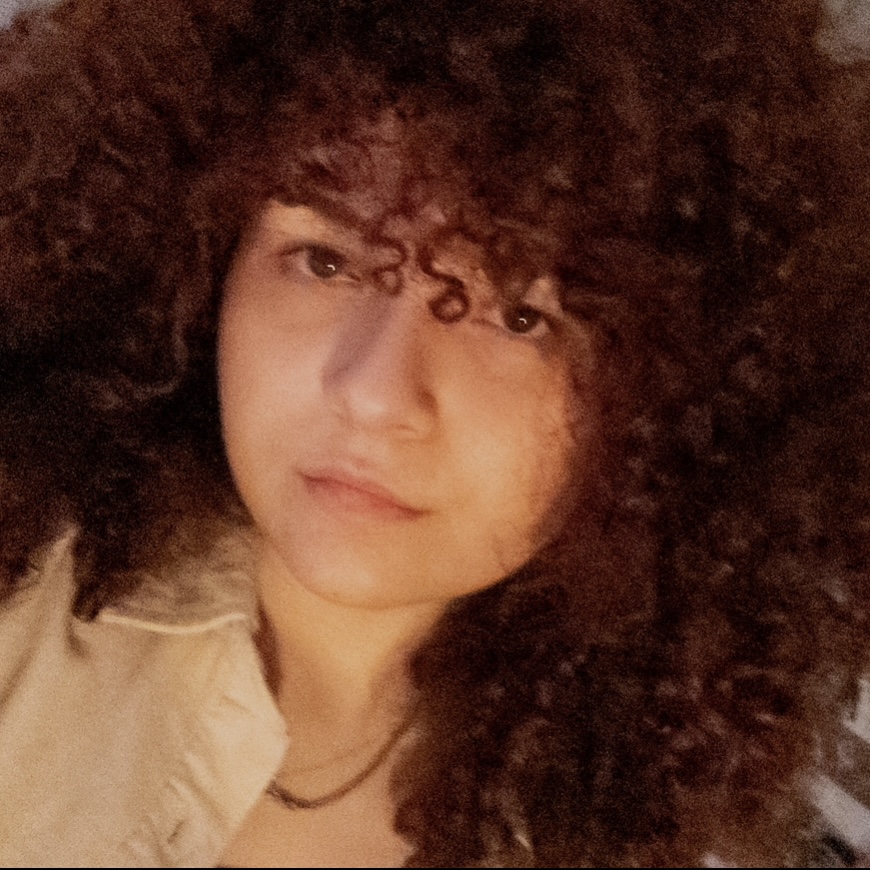Misogyny in schools: 9/20/23 meeting
- Adna Cufurovic
- Sep 29, 2023
- 3 min read
Updated: Oct 2, 2023
"I told them, 'That's disgusting.' They just laughed, I think they called me a b*tch or something."
Upon being asked how members had witnessed or experienced misogyny in schools (the focus of this meeting), this was one instance a student mentioned. The member in question was referring to how a group of male students, seemingly Freshmen, had made a sexually suggestive comment towards another female student who had walked by. In defense of her, she rightfully called them out, "That's disgusting." But their response of both anger and mockery is all too familiar for many.

Members' experience
The previous usage of the word "b*tch" is blatantly misogynistic, but so is the word itself, despite many often using it endearingly. I have been on the receiving end of it quite a bit (Acting like a b*tch, being b*tchy, etc.)
I had begun the discussion with a surface-level example: feeling uncomfortable as one of the only female students in a previous class. I would overhear conversations between a group of guys that made my stomach churn, unsure as to whether or not they realized what effect such behavior had. From objectifying a female student from a different grade level to making several crude and sexual jokes to each other — but regardless of the subject matter, I never spoke up about it.
"I would think, yeah, it's gross. But don't be annoying. I didn't want to cause a scene, I guess, so I just tried to ignore it." In response, our club sponsor, Ms. W, asked me this: Why would you not want to cause a scene?
To put it bluntly, it was out of fear of demonstrating so-called "b*tchy" behavior, especially considering I wasn't being spoken to or insulted directly. With the societal expectations for women to remain meek, timid, and unconfrontational, I (like many others) found it difficult to voice my opinion then. But behavior that is not condemned will only be amplified. Some students are fully aware that their actions may be sexist. For those who are not, it is not your responsibility to teach them, but speaking out against misogyny and sexism should be encouraged.
As Ms. W pointed out, the previous example regarding a female student being sexually harassed is not uncommon, "But we should note that on some occasions, women might objectify other women as well. It should be called out regardless." Perhaps in future discussions, we can explore how women uphold sexist behaviors ourselves.
a positive approach
In discussing goals for the club, several great ideas bounced off each other, including multimedia to highlight various student opinions. For example, we may interview students who feel comfortable sharing their experiences and thoughts through video. Another student suggested surveying the student body to compare how male or female students perceive particular statements as misogynistic. The officers hope to incorporate such ideas with as much student collaboration as possible, and we'll proudly work towards that.

conclusion and Next Meeting
October is recognized as Domestic Violence Awareness Month, and our October 4th meeting will center this with a focus on poster-making to spread awareness. We will provide statistics and necessary hotlines in the presentation, but we encourage members to incorporate their own information and utilize total creative freedom. The goal is to hang these around the school, though we have not yet been approved.
I will also post a PDF of a study from UKFEMINISTA regarding misogyny in schools and relevant statistics, which were featured in the meeting's slides. If that seems of interest to you, I strongly suggest you look over it.




love it👏🏾👏🏾